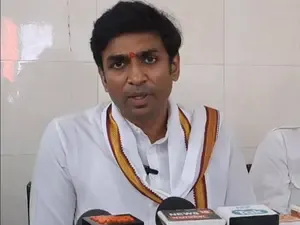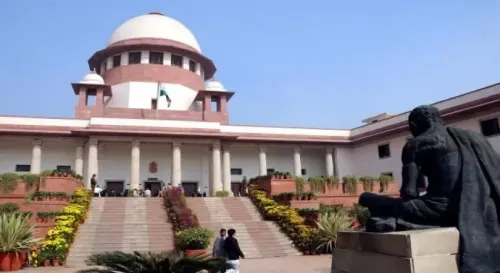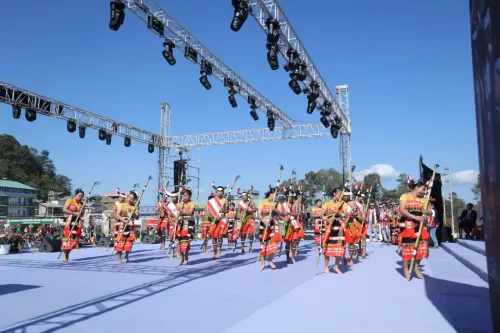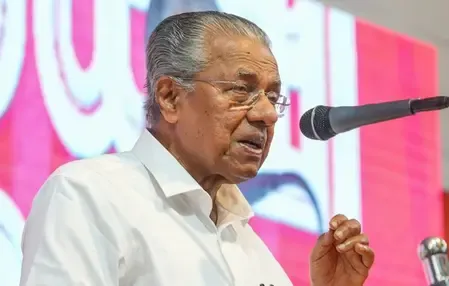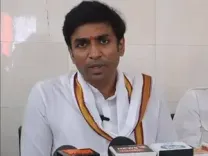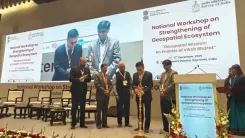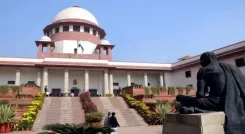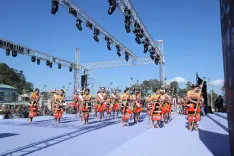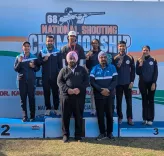Supreme Court to Review Challenge Against Senior Advocate Designation by Delhi High Court
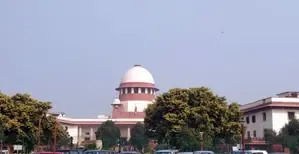
New Delhi, Jan 1 (NationPress) The Supreme Court is scheduled to review a plea on Thursday that seeks to annul the entire process of designating 70 lawyers as senior advocates by the Delhi High Court. According to the causelist available on the apex court's website, a bench comprising Justices B.R. Gavai and K.V. Viswanathan will address this matter on January 2.
The petition, submitted by advocate Mathew J. Nedumpara, a lawyer based in Mumbai, claims that the entire designation process is tainted by “favouritism, nepotism, patronage, and other illegal and extraneous factors.”
Furthermore, it asserts that the distinct dress code for designated senior advocates leads to unjust classification, bordering on apartheid among lawyers, and is unconstitutional, violating Articles 14, 19, and 21 of the Constitution of India.
In October of the previous year, the apex court rejected a plea challenging the senior advocate designation under the Advocates Act, 1961.
A bench of Justices S.K. Kaul (now retired) and Sudhanshu Dhulia stated that the system of designating advocates as 'senior' is not untenable or unreasonable under Article 14 of the Constitution.
"We dismiss the petition with no orders as to cost," the bench noted, indicating that the plea was a result of a “misadventure” by petitioner-in-person, advocate Nedumpara.
Nedumpara’s petition argued that the senior designation has created a class of advocates with exclusive rights and is perceived as being reserved solely for the relatives of judges, senior advocates, politicians, ministers, etc.
The petition contends that the designation of advocates as senior under Sections 16 and 23(5) of the Advocates Act, 1961, as well as the Supreme Court Rules, 2013, establishes a "special class of advocates with unique rights, privileges, and status unavailable to regular advocates," making it unconstitutional as it violates the principle of equality under Article 14, the right to practice any profession under Article 19, and the right to life under Article 21.


